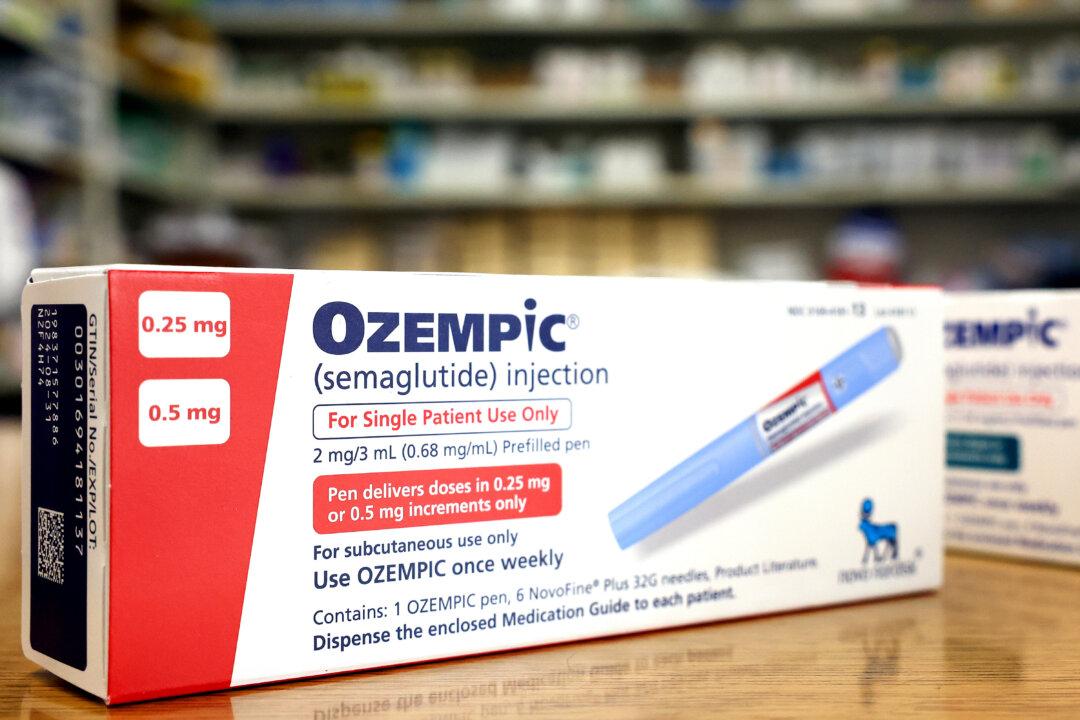Legal analysts have revealed what will happen next in court after former President Donald Trump was indicted by the Manhattan District Attorney’s office on Thursday night, with some saying that the former president will have to get his mugshot taken.
When someone is indicted, the charges are kept sealed by a judge until the defendant makes their first court appearance, analysts have said. It’s not clear what charges Trump faces as they’ve not been made public yet.





